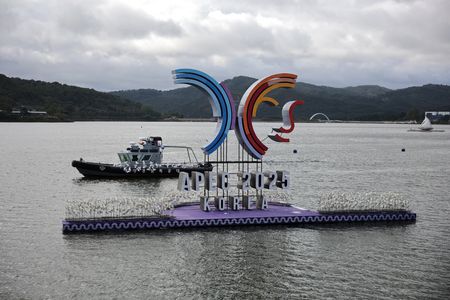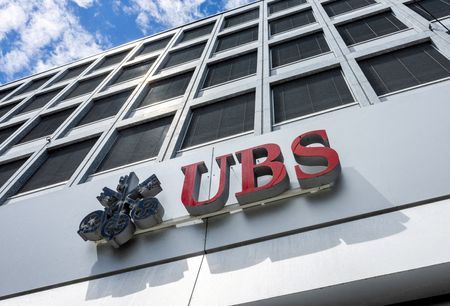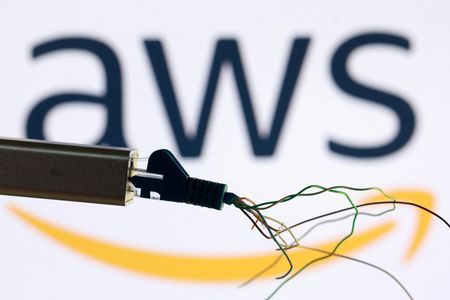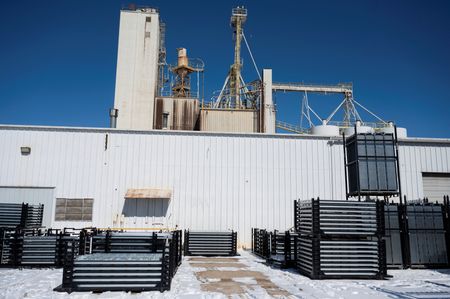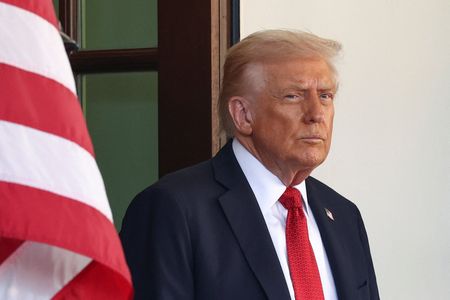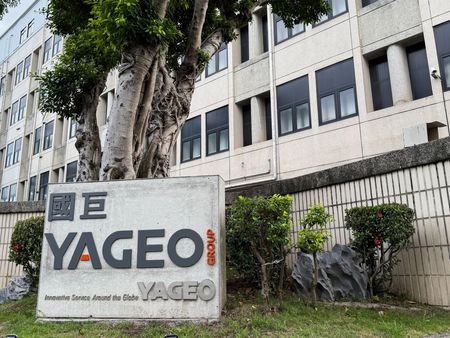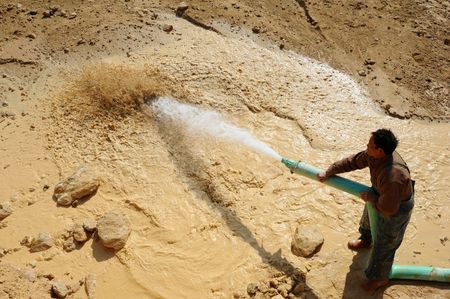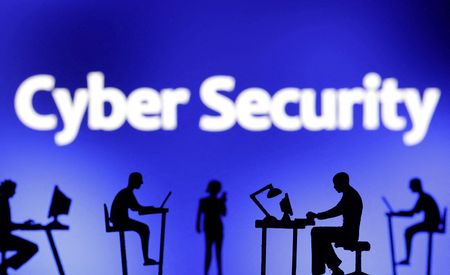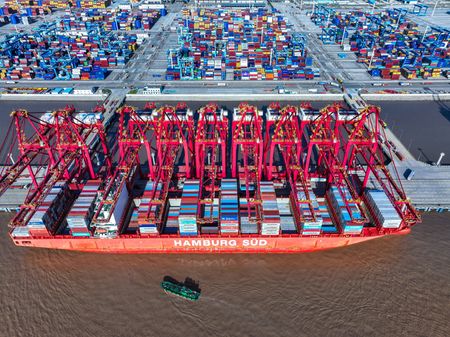By Jihoon Lee
Gyeongju, South Korea (Reuters) -South Korea is stepping up its security measures in the southeastern city of Gyeongju, which hosts the annual Asia-Pacific Economic Cooperation summit of 21 member economies next week, with large-scale field exercises held and higher terrorism-alert levels imposed.
Up to 18,500 police officers, SWAT teams and coast guard staff as well as anti-drone jammers, armoured vehicles and helicopters will be mobilised as international leaders gather in Gyeongju, a quiet city known for its heritage tourism.
The stakes are extra high at this year’s summit, scheduled for October 31-November 1, with U.S. President Donald Trump expected to use it to hold his first meeting with Chinese President Xi Jinping since returning to the White House and instigating a trade war between the world’s two biggest economies.
From October 28 to October 31 around 1,700 global industry leaders, including Nvidia CEO Jensen Huang, will also visit the city for the APEC CEO Summit.
Various security exercises took place on Monday in preparation for the meetings, with the coast guard conducting underwater search operations in Bomun Lake in the centre of the Bomun Tourist Complex, where the main event venues and luxury hotels are located.
“The coast guard is strengthening patrol and surveillance operations in the area of Bomun Lake to prevent terrorism and other illegal activities ahead of the APEC summit,” said a member of the Sea Special Attack Team.
The coast guard will also take security measures around the cruise ships docked in the nearby coastal city of Pohang to accommodate event participants.
The security operations are being led by the country’s Presidential Security Service, with the spy agency, army, police, coast guard and fire agency taking part.
Nationwide, terrorism-alert levels will be raised from “Attention” to “Caution” from Friday, the government said. In both North and South Gyeongsang provinces, including Gyeongju, the security level will be raised to “Alert”, the second highest in the four-tier system, from October 28 to November 1.
Prime Minister Kim Min-seok on Friday also ordered measures to limit any discrimination or hatred towards foreigners, in the wake of recent anti-Chinese rallies in the country.
(Reporting by Dogyun Kim and Jihoon Lee; Editing by Hugh Lawson)

